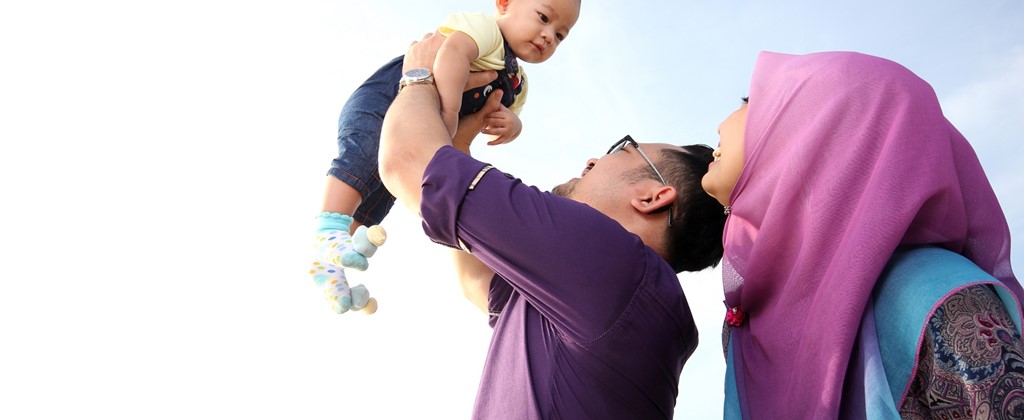Research by the Dutch government on systemic abuses in intercountry adoption on the UN-agenda as a good practice
On September 16 and 17, 2021, the Day of General Discussion of the UN Committee on the Rights of the Child takes place. This year the DGD is dedicated to alternative care.
Defence for Children together with International Child Development Initiatives (ICDI) and CoMensha have written a specific submission on the thorough research performed by the Dutch government regarding the systemic abuses in intercountry adoption as an example of good practice. This research, commissioned by the Dutch Minister of Legal Protection February 8th found that abuses happened in all “sending states” the Netherlands had contracts with, and that abuses were not limited to a certain period of time. The submission to the UN Committee on the Rights of the Child calls upon all UN Member States which recognise and permit intercountry adoption to investigate this.
Signals of systemic abuses
Many reports of abuses have been recorded since the 1960’s. However, victims of illegal adoption and other adoptees have only been listened to since 2018, as a result of their Freedom of Information Act-Requests. These requests have highlighted signs of systemic abuses and the respective involvement of Dutch civil servants. As a result, in April 2019 the Minister of Legal Protection announced an investigation on intercountry adoption processes by a special committee - the Committee Investigating intercountry adoption.
The suspension of intercountry adoptions in the Netherlands
As a result of these findings, the Minister for Legal Protection presented a formal apology to adoptees for failing to adequately tackle adoption abuses. The Minister decided to suspend intercountry adoptions from 8th February 2021 until further notice. Currently, only prospective adoptive parents who had received prior permission to adopt internationally are allowed to continue their procedures, approximately 400 cases, on which extra due-diligence will be carried. No prospective adoptive parents can start a new procedure in the meantime. This decision has led to heated debates within the Netherlands. Some argue that intercountry adoption remains a positive solution for children in poverty in developing countries, and that systems should simply be improved. Others, including Defence for Children, ICDI and CoMensha, argue that that intercountry adoption is not in the best interest of the child, and that the risk of abuse is too high. The negative consequences of intercountry adoption, including the permanent loss of original family ties, culture and language, as well as in many cases the inability to trace and/or reconnect to original family are incredibly harmful for children.
Recommendations
Defence for Children, ICDI and CoMensha have highly welcomed the research commissioned by the Netherlands’ government and recognize this as a good practice. Thus, the following recommendations were put forward in our submission to the Committee on the Rights of the Child for the 2021 Day of General Discussion:
1. Article 21 UNCRC clearly states that if countries permit the system of intercountry adoption, this can take place only if it is in the best interests of the child and only if the child cannot be placed in a foster or an adoptive family or cannot in any suitable manner be cared for in the child's country of origin. History and many attempts to improve the system of intercountry adoption have demonstrated that it is impossible, in practice, to comply with and monitor compliance with the subsidiarity principle of article 21 UNCRC. Defence for Children, ICDI and CoMensha therefore urge the government to take a definitive decision to abolish the system of intercountry adoption.
2. Defence for Children, ICDI and CoMensha call upon governments themselves and the UN Committee on the Rights of the Child to encourage governments to investigate abuses in the intercountry adoption system and to (re-)consider the receiving and sending of children for intercountry adoption.

